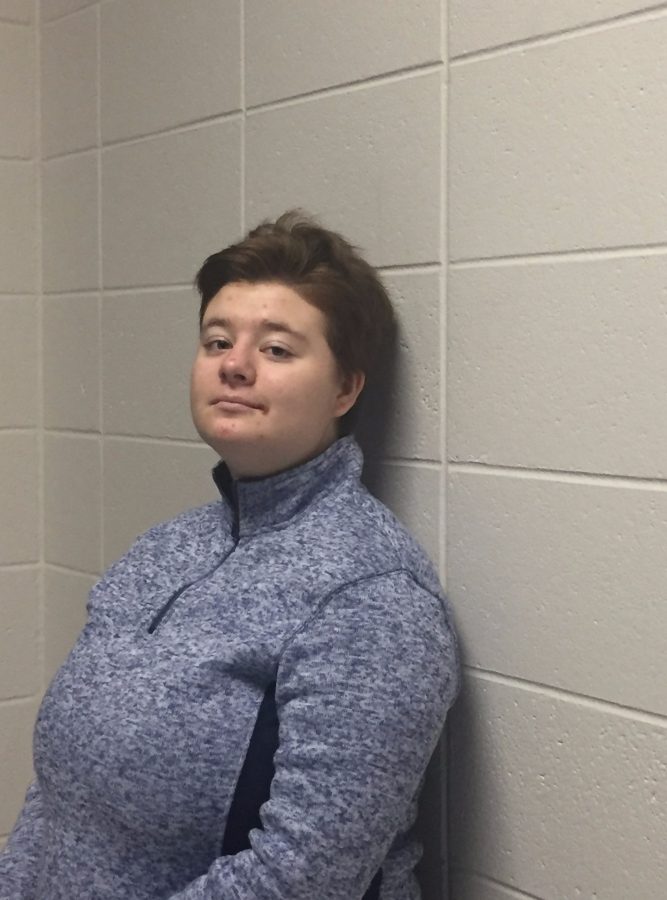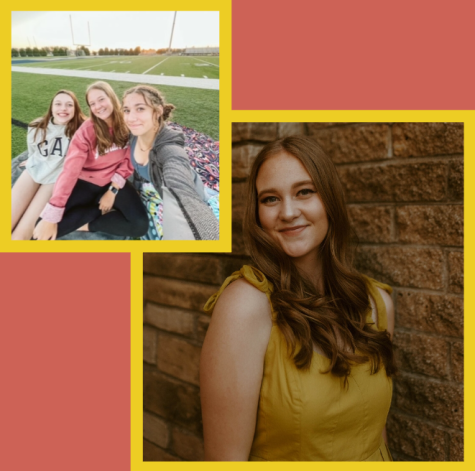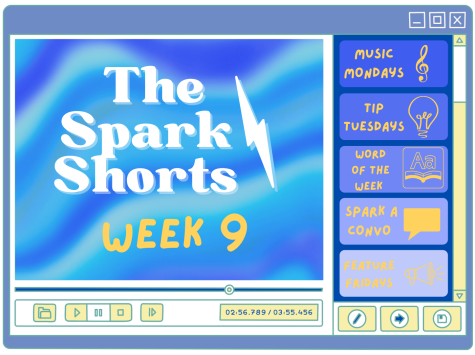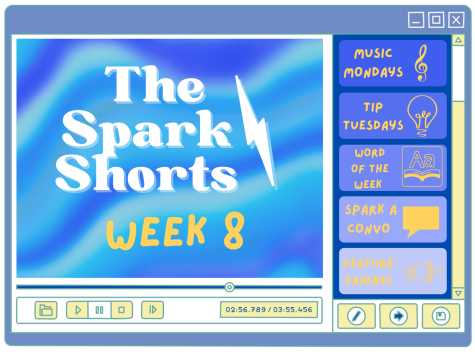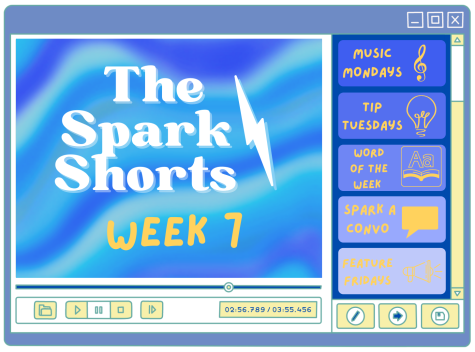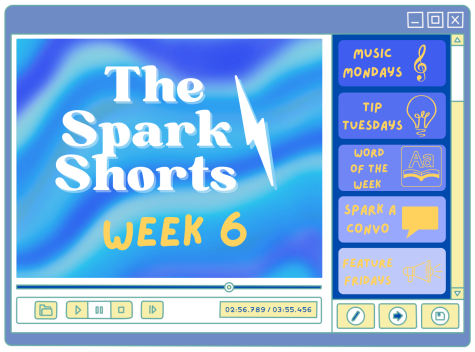Humans of Appleton North: Lillian Poremba
November 4, 2016
“It’s a blessing because I know what people with OCD go through. It affects everyday in every way possible. Everyday is something different, good or bad. I don’t want others to suffer. I want to be a voice for others to speak. I wish to help others so they don’t experience what I had to go through.”
Lillian Poremba, a senior at Appleton North, was diagnosed with obsessive compulsive disorder at the age of eight. She has to deal with unwanted thoughts, urges, and fears that cause her to have intense emotional distress. In response, she behaves in a way to get rid of the distress. Everyone has moments like these at some point, however, for Lee it is a continuous cycle of obsessions and compulsions; preventing her from finding a sense of normalcy. Especially in social situations, she feels she comes off as weird to most people. Yet, day by day, Lillian gets by with the help of her counselor, and her mother.
“But eventually, you’ll have to push through by yourself. Can’t always rely on someone else.”
I’ve known Lillian for about four years, and we’ve been friends since sophomore year. I’ve seen her progress and relapse, but her humor and her straightforwardness for her love of food, gives me life at the end of each tiresome school day. Lillian deserves respect. In our society, where everyone prefers to show their better side, not everyone is willing to expose themselves like she does.
“I don’t want others to glamorize or use the word ‘OCD’ as an adjective. It is a mental illness that shouldn’t be thrown out so casually. It is serious. To the point where I want to kill my personality. I want to be normal, and be my creative self. I’m scared.”
If you are struggling with OCD, seek help from true friends and professionals. In case of crisis, call the National Alliance of Mental Illness helpline at 800-950-NAMI or text “NAMI” to 741741. Or, if you know someone who deals with OCD, be empathetic and supporting. Know that someone with OCD, or any serious mental illness, can’t control the way they feel. Is it possible to stop an avalanche once it sets off?


